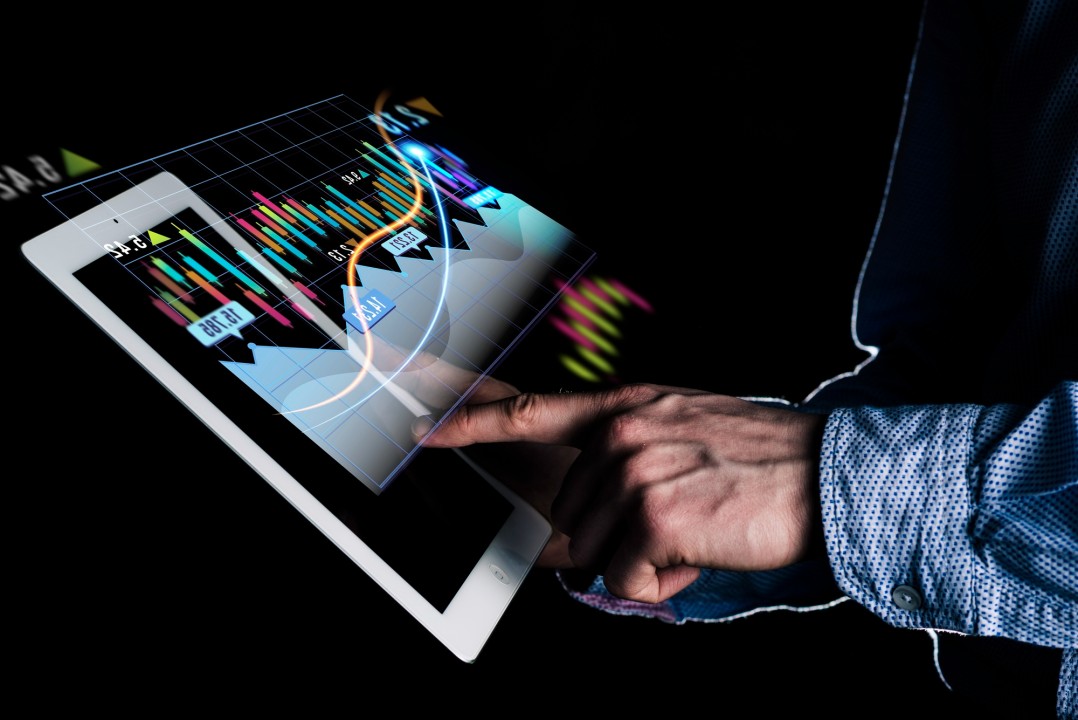Modern Technologies in 2025: How AI and Innovation Are Reshaping Industries
Introduction
The year 2025 marks a pivotal moment in technological evolution, with artificial intelligence (AI) and innovative solutions transforming industries at an unprecedented pace. From healthcare and finance to manufacturing and customer service, AI-driven advancements are redefining efficiency, decision-making, and automation. As businesses spminvesting.com strive to remain competitive in an increasingly digital world, understanding these technologies is crucial.
This article explores the latest advancements in AI, real-world applications across industries, and the tangible benefits these innovations offer.
AI and Innovative Technologies: 2025’s Key Advancements
1. AI-Powered Automation and Decision-Making
Artificial intelligence has significantly evolved, with modern machine learning models and deep learning algorithms driving automation and predictive decision-making. Businesses now leverage AI to analyze vast amounts of data, improve operational efficiency, and enhance customer experiences.
- Autonomous AI Agents: AI-powered bots are handling complex tasks in finance, customer service, and logistics. These agents can analyze data, respond to queries, and even make strategic business decisions.
- Generative AI: Tools like GPT-based models and multimodal AI systems are revolutionizing content creation, design, and software development by generating human-like text, images, and even code.
- AI in Cybersecurity: AI-driven security systems detect threats in real time, predict vulnerabilities, and automate response mechanisms, helping businesses protect sensitive data from cyberattacks.
2. AI in Healthcare: Enhancing Diagnosis and Treatment
The healthcare sector is one of the biggest beneficiaries of AI advancements. AI-driven solutions improve diagnostic accuracy, streamline patient care, and enable personalized treatments.
- AI-Assisted Diagnosis: Machine learning models analyze medical images, detect anomalies, and assist doctors in diagnosing diseases like cancer at an early stage.
- Predictive Analytics in Medicine: AI-powered tools forecast disease outbreaks, patient deterioration, and treatment outcomes based on real-time health data.
- Robotic Surgery: AI-driven robotic assistants enhance surgical precision, reduce recovery times, and minimize risks during complex procedures.
3. AI in Finance: Transforming Trading, Banking, and Risk Management
The financial industry has embraced AI-powered solutions to optimize trading, fraud detection, and personalized banking services.
- AI-Driven Trading: Quantum AI and advanced trading algorithms analyze market trends, predict fluctuations, and execute high-frequency trades with greater accuracy.
- Fraud Prevention: AI models detect fraudulent transactions by analyzing behavioral patterns and flagging suspicious activities in real-time.
- Personalized Financial Services: AI-powered chatbots and robo-advisors provide customized financial advice based on user behavior and spending patterns.
4. AI in Manufacturing: Smart Factories and Robotics
AI is revolutionizing manufacturing through automation, robotics, and intelligent supply chain management.
- Smart Factories: AI-powered predictive maintenance reduces equipment downtime, while IoT-connected devices monitor production efficiency.
- Collaborative Robots (Cobots): AI-driven robots work alongside human employees, improving productivity and reducing manual workload.
- Supply Chain Optimization: AI enhances demand forecasting, inventory management, and logistics planning for more efficient global supply chains.
5. AI in Retail and E-Commerce
The retail sector is leveraging AI to improve customer experiences, automate operations, and optimize marketing strategies.
- Personalized Shopping Experiences: AI-driven recommendation engines analyze customer preferences and offer tailored product suggestions.
- Automated Customer Support: AI chatbots and virtual assistants provide instant responses, resolving queries efficiently.
- AI-Powered Inventory Management: Smart AI solutions predict stock demand and prevent overstocking or shortages.
6. The Future of AI: Ethical Considerations and Challenges
While AI offers immense potential, it also presents challenges, including ethical concerns, bias in algorithms, and data privacy risks.
- AI Ethics and Bias: Ensuring fairness in AI models is crucial to prevent discriminatory outcomes.
- Job Displacement vs. Job Creation: While AI automates repetitive tasks, it also creates new opportunities in AI development, maintenance, and oversight.
- Data Privacy and Security: Stricter regulations and AI-driven cybersecurity measures are essential to protect user data.
Conclusion
As we move further into 2025, AI and innovative technologies continue to reshape industries, driving efficiency, accuracy, and automation. From healthcare and finance to manufacturing and retail, AI-powered solutions are becoming indispensable. Businesses that embrace these advancements will gain a competitive edge in the digital economy.
Call to Action: Stay ahead in the AI revolution by exploring the latest innovations. Subscribe to our updates for more insights on AI-driven technologies and their impact on industries.





